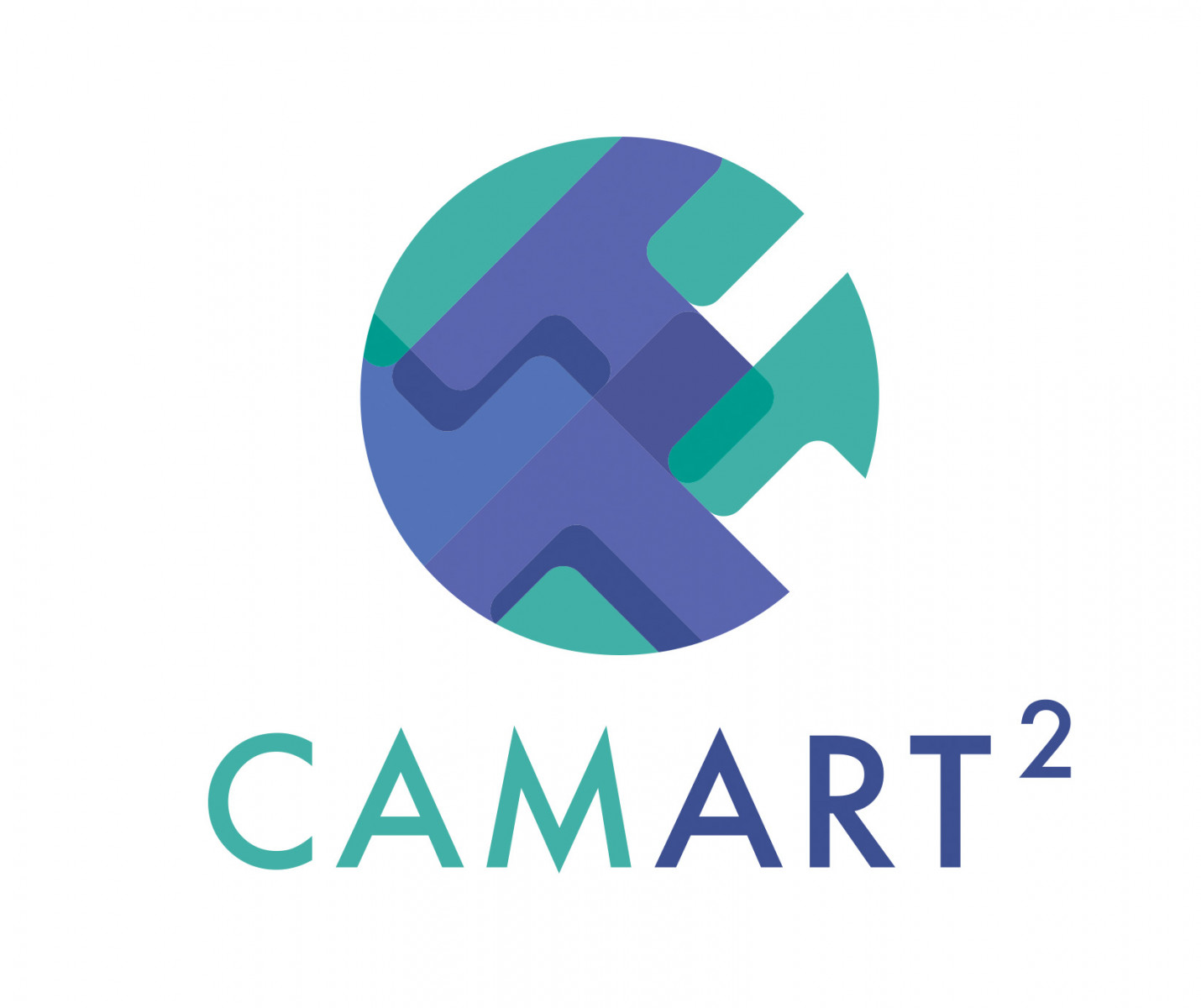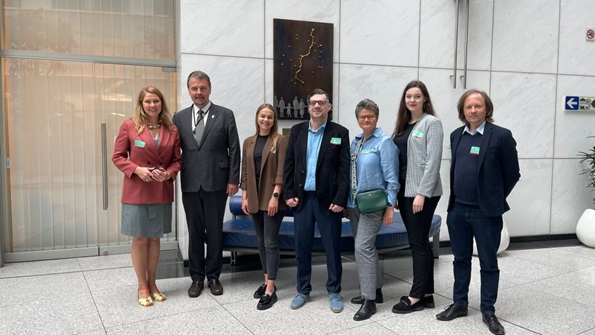On April 14-15, the assessment of the Camart2 project report will take place with the experts from the European Commission.
Since the beginning of the project implementation, (February 1, 2017), major infrastructure upgrade in the form of renovated laboratories with state of the art equipment has occurred and is almost finished. The allocated investment for infrastructure development was in the amount of 15 MEUR with the major part of it - 13 MEUR for equipment (87%) and 2 MEUR (13%) for renovation of premises. One can observe the huge impact of the project on the development and advancement of the ISSP UL. Due to the infrastructure upgrade, the quality of research has grown too.
According to Scopus database, from 2017 – 2021, 476 publications with more than 100 academic partners from 44 countries (SCOPUS) were published. The quality of scientific publications has also grown during the years CAMART2 is being implemented. For example, in 2017 - there were 2255 citations according to Scopus, whereas in 2020 - 3186. The average SNIP per publication has grown from 0,896 in 2017 to 0.948 in 2020. The share of ISSP UL publications in top 10% most cited publications worldwide has also grown from 4% in 2017 to over 17,5% in 2020.
The number of employees increased from 255 in 2017 to almost 320 persons in 2020 and the proportion of students working at the ISSP UL has increased from 15 in 2017, to 63 in 2020. It is worth to mention that the number of attracted postdocs in this period is 18. In 2018, the ISSP UL has invested 600kEUR in development of a new MSc program in physics at the Faculty of Physics, Mathematics and Optometry of the University of Latvia, which has contributed to attracting students.
In 2018, in order to promote export of scientific services in the area of innovative materials based technologies and cooperation with the industry, a new platform Materize was presented. The platform has helped to secure single point contact customer experience, to talk with the industry in a business language, managed pro-active/industry style projects and constantly sends a clear message - We make Scientific Expertise Beneficial to Business. Over nearly 3 years’ time that the platform operates, industrial partners such as Sidrabe, GroGlass, EuroLCDs, ISP Optics, CeramOptec, LightGuideOptics International, Schaffler, Baltic Scientific Instruments, Mass Portal, LightSpace Technologies, RD Alfa Microelectronics and others have benefitted from the collaboration with ISSP UL.
During the course of the project, there have been such management IT tools introduced as document management information system – MEDUS; self-service platform for employees - Visma HoP; laboratory management information system – LIMS. The ISO quality standards (ISO 9001:2015) were firstly introduced in the operation of the Cleanrooms (in 2019) and since December 2020, the scope of the existing ISO certificate was extended. The Open Access Laboratory services were established too.
The organizational structure of laboratories was changed – the laboratories were consolidated and from 21, the number of existing laboratories at the ISSP is 15 now, besides – 2 new laboratories have been established and as the management structure was changed, the new heads of laboratories were elected. The overall structure of the ISSP departments has been reviewed and some departments have been eliminated altogether and a new Information and Communications department has been organized to improve ISSP UL’s communication of project results, publications and other related issues to the different target groups through various media and ISSP UL’s information channels – institute’s homepage, Camart2 homepage, and social media.
During the course of CAMART2 implementation at the ISSP UL, the institute has been visited by some prominent and influential policy makers like Robert-Jan Smits, Director General of DG Research and Innovation - European Commission (2010-2018), who is considered one of the main architects of Horizon 2020, an EU Research and Innovation program providing €80 billion of funding between 2014 and 2020, Tony Donné programme Manager (CEO) of EUROfusion European consortium, Egils Levits – president of the Republic of Latvia (2019- ), Kārlis Šadurskis - Minister of Education and Science of Latvia (2016-2018), Ilga Šuplinska – Minister of Education and Science of Latvia (2018-).
In February 2020, the filming team from Euronews Futuris program visited ISSP UL to make the story about the CAMART2 project implementation. The introduction video and full story was aired from March 11 to March 15 on Euronews channel reaching 430 million viewers.



